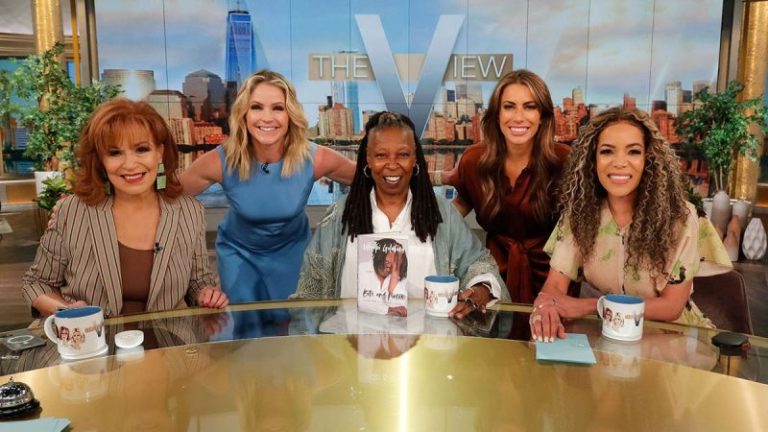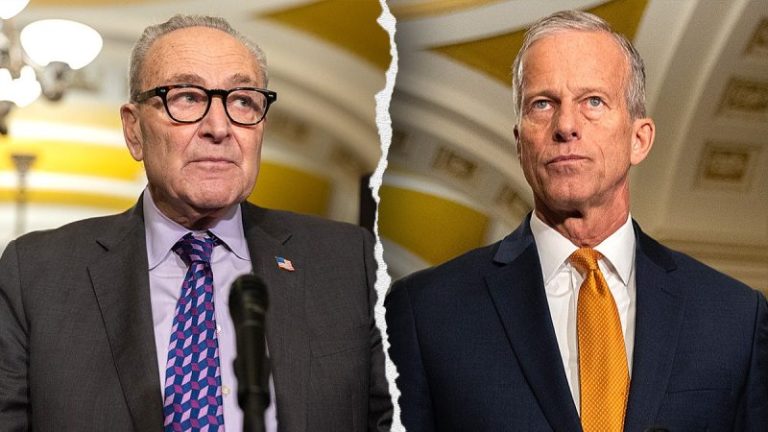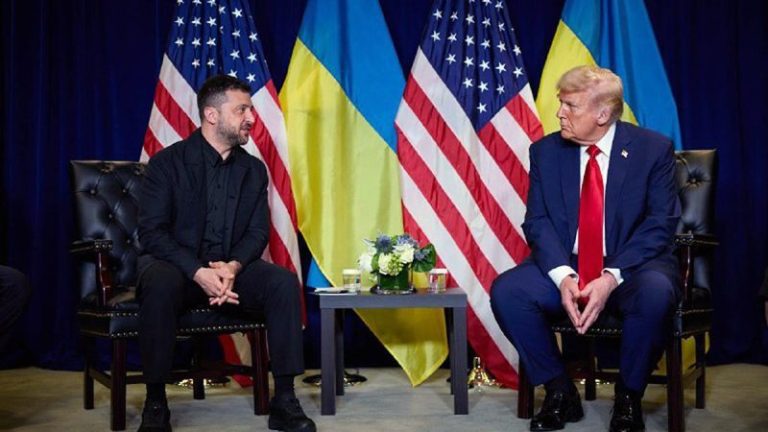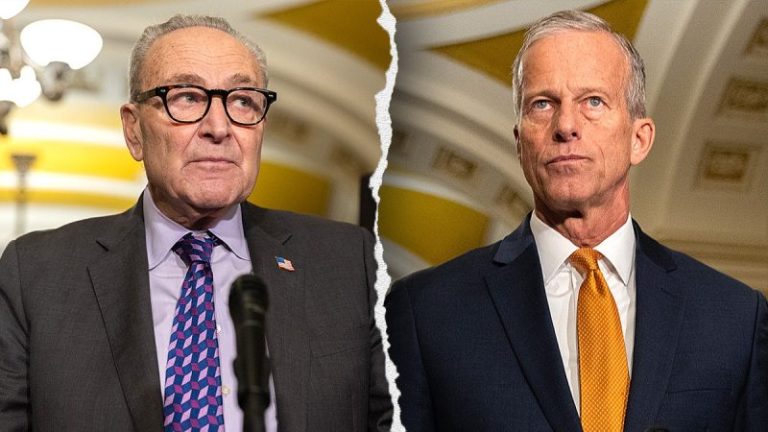U.S. and partner forces killed or captured nearly 25 Islamic State operatives in Syria in the days following a large-scale U.S.-led strike on Dec. 19, according to a new statement from U.S. Central Command, underscoring Washington’s assessment that ISIS remains an active and persistent threat inside the country.
CENTCOM said those forces conducted 11 follow-on missions between Dec. 20 and Dec. 29, killing at least seven ISIS members, capturing the remainder and eliminating four ISIS weapons caches. The operations followed Operation Hawkeye Strike, when U.S. and Jordanian forces hit more than 70 ISIS targets across central Syria using over 100 precision munitions, destroying infrastructure and weapons sites linked to the group.
‘We will not relent,’ CENTCOM Commander Adm. Brad Cooper said, adding that U.S. forces remain ‘steadfast’ in working with regional partners to dismantle ISIS networks that pose a threat to U.S. and regional security.
The scope of the follow-on raids highlights a reality U.S. commanders and analysts have been warning about for months: ISIS no longer controls large swaths of territory, but it retains the ability to organize, strike and regenerate inside Syria’s fragmented security landscape.
Syria remains divided among competing forces, militias and foreign-backed armed groups, with no single authority exercising full control over large parts of the country. Analysts say that vacuum continues to provide space for ISIS cells to operate quietly, recruit and exploit overstretched local forces.
Analysts note that Syria’s security environment remains shaped by former jihadist networks that were never fully demobilized after the war. The country’s transitional leadership, including President Ahmed al-Sharaa, emerged from armed Islamist factions that relied heavily on foreign fighters and militias, according to regional security assessments. While those groups are not synonymous with ISIS, experts say the incomplete dismantling of extremist networks has left gaps that ISIS cells continue to exploit.
‘ISIS today doesn’t need a caliphate to be dangerous,’ Bill Roggio told Fox News Digital. ‘We’ve always been quick to declare terrorist organizations defeated and insignificant, and that couldn’t be further from the truth.’
Roggio said the group has adapted rather than disappeared, shifting away from holding territory toward smaller, more covert cells capable of carrying out lethal attacks. He pointed to ongoing ISIS activity not only in Syria and Iraq, but also in Afghanistan and other regions, citing United Nations reporting that estimates roughly 2,000 ISIS fighters remain active in Afghanistan alone.
‘That’s not what a defeated group looks like,’ Roggio said, noting that ISIS continues to recruit, indoctrinate and inspire attacks even without the visibility it once had.
One of the most sensitive vulnerabilities remains the network of detention facilities in northeastern Syria holding thousands of ISIS terrorists and supporters. Those prisons are guarded primarily by Kurdish-led forces backed by a small U.S. military presence, estimated at roughly 1,000 troops, according to Reuters.
U.S. and coalition officials have repeatedly warned that any major disruption to prison security could allow hardened ISIS operatives to escape and reconstitute networks across Syria and beyond. Kurdish officials have also raised concerns about funding shortages, manpower strain and pressure from rival militias operating nearby.
While U.S. officials have not publicly linked the recent strikes to prison-related threats, analysts say the broader environment of fragmented control increases the risk of coordinated attacks, insider assistance or prison unrest.
The danger is not theoretical. ISIS has previously staged mass prison break operations in Syria and Iraq, including a 2022 assault on the al-Sinaa prison in Hasakah that required days of fighting to contain.
The U.S. strikes also come amid continued instability inside Syria, where multiple armed actors operate with overlapping authority. Analysts note that clashes among militias, sectarian violence and unresolved command structures have weakened overall security and diverted attention from counterterrorism efforts.
Bombings in neighborhoods of Damascus, including Mezzeh, and unrest in minority areas have further illustrated the gaps ISIS and other extremist groups can exploit, according to regional security assessments and open-source reporting.
‘Syria’s chaos is the accelerant,’ Roggio said. ‘ISIS thrives where no one is fully in charge.’
U.S. officials and analysts stress that ISIS activity in Syria is part of a wider pattern rather than an isolated flare-up.
Sources in the Israeli Mossad told Fox News Digital of continued ISIS-linked activity across multiple theaters, including recruitment networks and small-scale attacks designed to test security responses and maintain operational relevance.
In Turkey, security forces recently clashed with Islamic State militants during counterterrorism operations, wounding several officers, according to Reuters on Monday. Turkish authorities said the raids targeted ISIS cells suspected of planning attacks inside the country.
‘These are signals, not spikes,’ Roggio said. ‘ISIS operates across regions, adapting to pressure and exploiting weak governance wherever it finds it.’
The renewed U.S. military action raises difficult questions for policymakers about how long the current containment strategy can hold.
While U.S. officials say the Dec. 19 strikes delivered a significant blow to ISIS infrastructure, they have also acknowledged that counterterrorism operations alone cannot eliminate the underlying conditions that allow the group to persist.
‘Just because we want to declare the war against terror over doesn’t mean it’s over,’ Roggio said. ‘The enemy gets a vote.’










